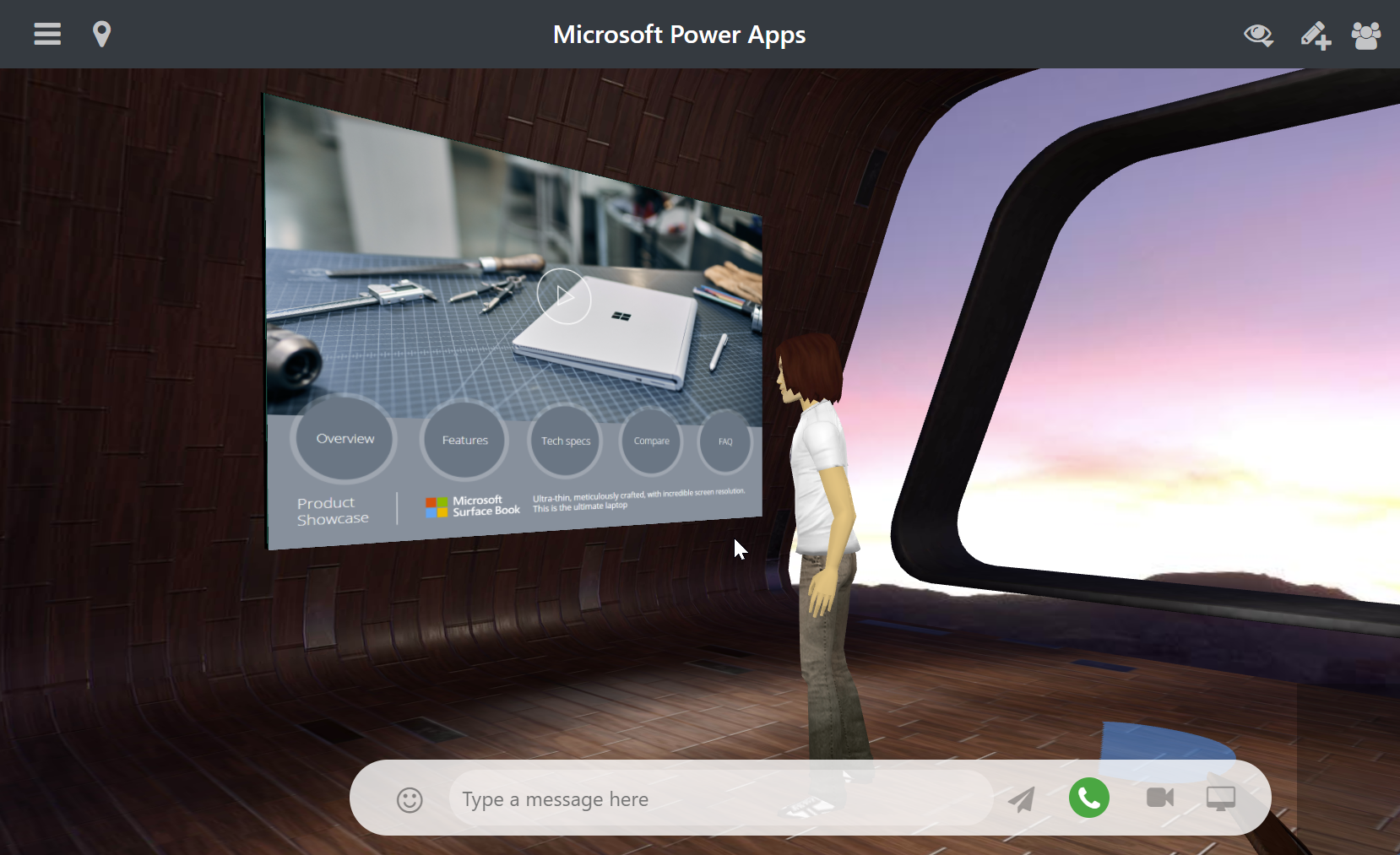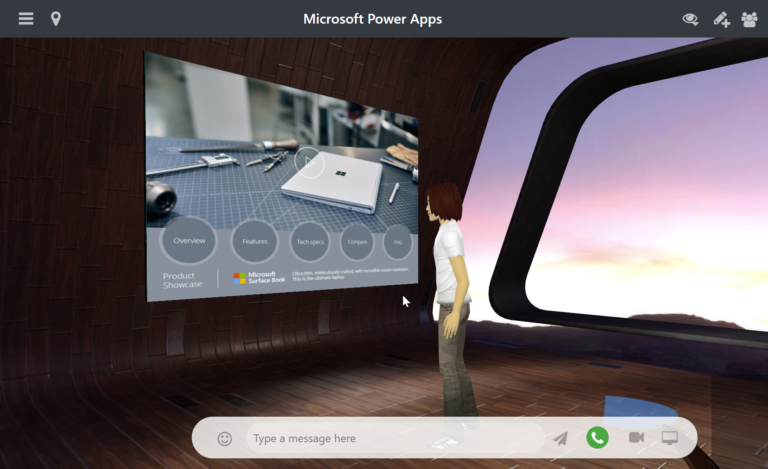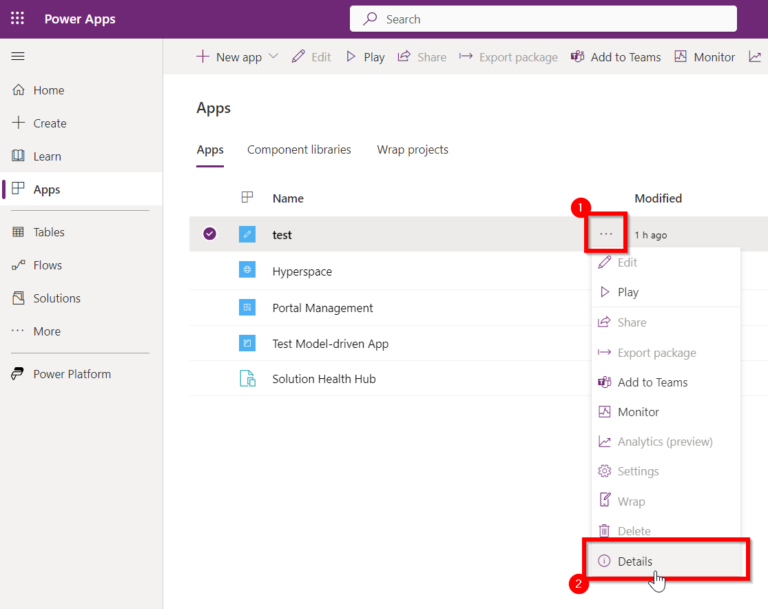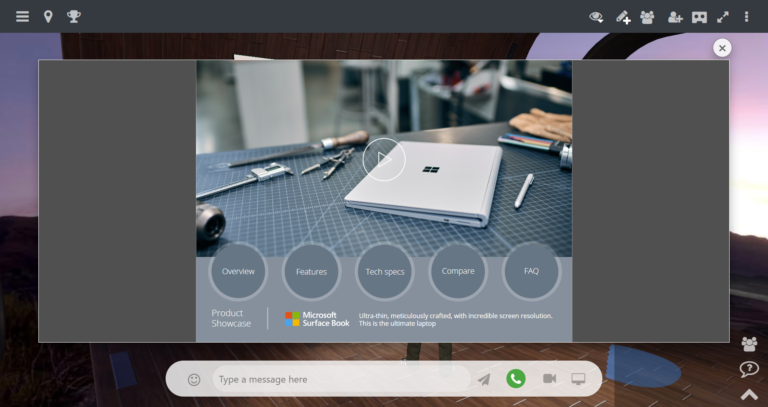
About
Microsoft Power Apps empower enterprises to deploy custom data driven applications to authenticated users. For unauthenticated users consider using Microsoft Power Pages for the Metaverse, Microsoft Power Apps makers can create low-code and responsive portals which allow users external to their organizations to interact with data stored in Common Data Service.
While Microsoft Power Apps is not inherently designed for the metaverse, its capabilities can be leveraged to create useful applications within these immersive virtual spaces. Here are some potential use cases for Power Apps in a metaverse environment:
1. Virtual Workspace Management: In the metaverse, people may interact and collaborate in virtual workspaces. Power Apps could be used to develop applications that help manage these virtual workspaces, including scheduling and resource allocation. Users could reserve meeting rooms, access shared resources, and even automate tasks related to virtual event organization.
2. Data Visualization and Analytics: Power Apps can be used to build interactive dashboards and data visualization tools. In the metaverse, where vast amounts of data may be generated from user interactions and virtual environments, these applications can help analyze and present data insights in real-time. For example, developers could create virtual control panels that display relevant data about user engagement, event attendance, or virtual asset usage.
3. Virtual Commerce and Transactions: As the metaverse grows, it may become a hub for virtual commerce and transactions. Power Apps can be used to build e-commerce applications or integrate with existing virtual marketplaces to facilitate secure and streamlined transactions. This could include managing virtual currencies, verifying virtual goods ownership, and enabling secure payments within the metaverse.
4. Virtual Event Management: The metaverse offers exciting possibilities for hosting virtual events, conferences, and seminars. Power Apps can assist in managing event registrations, attendee tracking, virtual ticketing, and communication with participants. Additionally, Power Apps can be integrated with virtual reality platforms to create interactive and engaging event experiences.
5. Virtual Training and Education: Power Apps can support the creation of interactive and immersive learning experiences in the metaverse. These applications could provide virtual training modules, interactive quizzes, and assessments for educational institutions, corporate training programs, or professional development initiatives.
6. Virtual Customer Support and Service: With the metaverse becoming a place for businesses to interact with customers, Power Apps can be utilized to build virtual customer support and service applications. These applications could integrate AI-powered chatbots to provide instant assistance, gather feedback, and resolve customer issues within the virtual environment.
It’s important to note that the metaverse concept is still developing, and its applications are continually evolving. As the metaverse evolves, new and innovative use cases for Microsoft Power Apps may emerge. Therefore, it’s essential to stay updated with the latest trends and developments to identify the most relevant applications of Power Apps in the metaverse.




